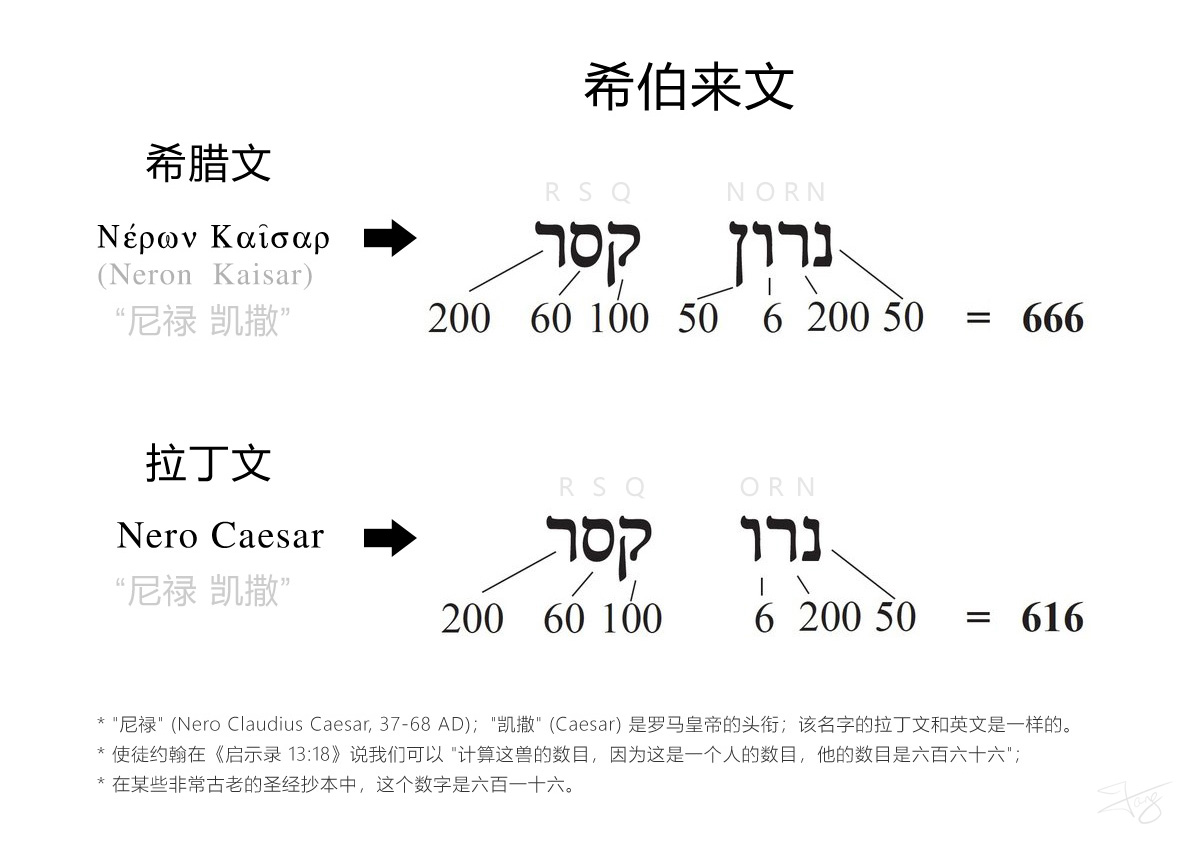Jun 7, 2023 -  Default
Default  No Comments
No Comments
 Default
Default  No Comments
No Comments 什么是 “圣灵充满”
【以弗所书 5:18-21】不要醉酒,酒能使人放荡;乃要被圣灵充满。当用诗章、颂词、灵歌彼此对说,口唱心和地赞美主。凡事要奉我们主耶稣基督的名,常常感谢父神。又当存敬畏基督的心,彼此顺服。
【歌罗西书 3:16-17】当用各样的智慧,把基督的道理丰丰富富地存在心里,用诗章、颂词、灵歌彼此教导,互相劝诫,心被恩感歌颂神。无论做什么,或说话或行事,都要奉主耶稣的名,借着他感谢父神。
——吕沛渊《生命之道》258
【弗 5:18】在吩咐我们 “乃要被圣灵充满” 之后,立刻告诉我们 “圣灵充满” 的真正标志与正确途径:彼此对说、彼此顺服、赞美主、感谢父神。【西 3:16-17】同样说到这四点,并且说这四要点是「被基督的话充满」的途径和指标。由此可见,”圣灵充满“ 等于 “当用各样的智慧,把基督的道理丰丰富富地存在心里”,因为圣灵是基督的灵,改变我们更像基督 (罗 8:9)。
【弗 5:18】在吩咐我们 “乃要被圣灵充满” 之后,立刻告诉我们 “圣灵充满” 的真正标志与正确途径:彼此对说、彼此顺服、赞美主、感谢父神。【西 3:16-17】同样说到这四点,并且说这四要点是「被基督的话充满」的途径和指标。由此可见,”圣灵充满“ 等于 “当用各样的智慧,把基督的道理丰丰富富地存在心里”,因为圣灵是基督的灵,改变我们更像基督 (罗 8:9)。
——麦克阿瑟注释圣经
保罗在【弗 5:18】不是讲 “圣灵内住” (罗 8:9)、也不是说 “基督用圣灵施洗” (林前 12:13),乃是要信徒继续活在圣灵影响之下、给神的话语来掌管、追求清心、认罪忏悔、向自己是死的、顺服神旨意、凡事倚靠神的大能。”圣灵充满” 就是清楚知道自己活在主耶稣基督的同在里,让主的心意,透过圣经,掌管一切思想行为;”圣灵充满” 也就等于是顺着圣灵而行。
保罗在【弗 5:18】不是讲 “圣灵内住” (罗 8:9)、也不是说 “基督用圣灵施洗” (林前 12:13),乃是要信徒继续活在圣灵影响之下、给神的话语来掌管、追求清心、认罪忏悔、向自己是死的、顺服神旨意、凡事倚靠神的大能。”圣灵充满” 就是清楚知道自己活在主耶稣基督的同在里,让主的心意,透过圣经,掌管一切思想行为;”圣灵充满” 也就等于是顺着圣灵而行。
——唐崇荣《圣经·神学·护教》Q.48-49
在旧约里,圣灵并没有永远与人同在;”圣灵与人同在” 是神在圣子里面的应许,这到了五旬节就成就了。请注意 “圣灵的洗” 只有一次,从来不重复的,而 “圣灵充满” 是常常重复的。被 “圣灵充满” 是上帝的主权完全统治你的生命的每一个层次,包括你的思想、你的情感、你的意志、行为、整个位格、整个生命被他管理:祂的爱充满你的感情、祂的道充满你的理性、祂的旨意充满你的意志,这叫被 “圣灵充满”。一个被 “圣灵充满” 的人有以下的原则:爱上帝启示的真理、完全遵守圣经、过圣洁的生活、结出圣灵果子、高举耶稣基督。”
在旧约里,圣灵并没有永远与人同在;”圣灵与人同在” 是神在圣子里面的应许,这到了五旬节就成就了。请注意 “圣灵的洗” 只有一次,从来不重复的,而 “圣灵充满” 是常常重复的。被 “圣灵充满” 是上帝的主权完全统治你的生命的每一个层次,包括你的思想、你的情感、你的意志、行为、整个位格、整个生命被他管理:祂的爱充满你的感情、祂的道充满你的理性、祂的旨意充满你的意志,这叫被 “圣灵充满”。一个被 “圣灵充满” 的人有以下的原则:爱上帝启示的真理、完全遵守圣经、过圣洁的生活、结出圣灵果子、高举耶稣基督。”
